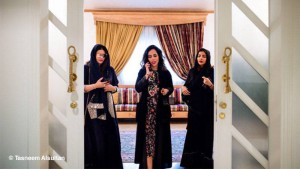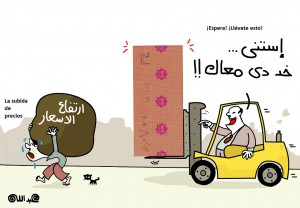Berlin and Algiers have signed an agreement under which Algeria will benefit from German technology in the development of the solar sector. In this framework of understanding, Algerian entrepreneurs are expected to participate in the International Solar Energy Technology Exhibition to be held in Munich in June. Germany is one of Algeria’s most important partners in the development of solar energy in two projects, one of an international dimension, Desertec, and the second, of a bilateral dimension. The latter is the link project between Aachen (Germany) and Adrar to ensure the exploitation of the Algerian solar capacity in the production and export of energy.
According to plans, in 2015 Algeria will produce the equivalent of 5% of its electricity needs from renewable energy, such as wind and solar. Through the National Program of Renewable Energy, Algeria aims to achieve a high level of integration of renewable energy in the production of energy and in investment projects. The projects carried out since 1996 in the energy field have enabled the production of up to 500MW. In addition to this, there are also other projects underway such as the solar plant whose construction is planned in the south with a capacity of 150 MW and another wind project in Adrar proposed by the Sonelgaz holding. The Algerian Minister of Energy and Mines announced that the solar energy program to generate between 400 and 500MW of electricity in the area situated between the provinces of Tebesa and Tilimsan will be operational in 2014. In the Tisemslit province, a 20MW solar project has been implemented on a surface of 40 hectares. The National Program of Renewable Energy was completed after long years of reflection to chart a vision of the future for post-oil Algeria. The idea was later developed to produce hybrid electricity, combining solar energy and gas by using modern technologies which will be used for the first time in a huge project to be based in the Algerian desert. The program’s goal is to produce 22,000 MW of renewable electricity in 2030, i.e. 40% of the total domestic production of electricity, in addition to the integration of more than 70 solar and wind projects in the general program.
Fuente: Al Masaa, 21/05/2013






Aún no hay comentarios, ¡añada su voz abajo!